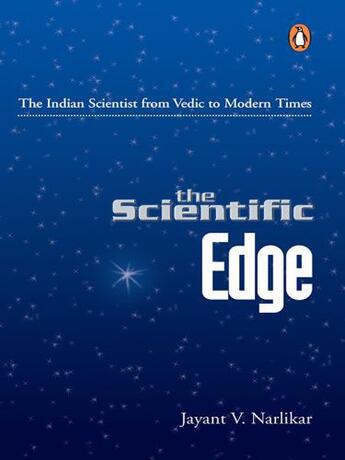-
Nombre de pages : (-)
-
Collection :
(-)
-
Genre :
(-)
-
Thème :
Non attribué
-
Prix littéraire(s) :
(-)
Résumé:
India has a rich history of scientific accomplishments. In the fifth century, nearly one millennium before Copernicus, the Indian astronomer and mathematician Aryabhata theorized that the earth spins on its axis. Likewise, in the twentieth century physicist Meghnad Saha's ionization equation... Voir plus
India has a rich history of scientific accomplishments. In the fifth century, nearly one millennium before Copernicus, the Indian astronomer and mathematician Aryabhata theorized that the earth spins on its axis. Likewise, in the twentieth century physicist Meghnad Saha's ionization equation opened the door to stellar astrophysics.
But India's scientific achievements have occurred as flashes of brilliance rather than as a clear trajectory of progress. So how did India, with its historic university system and excellent observatories, lose its scientific edge?
Cosmologist, founder director of the Inter-University Centre for Astronomy and Astrophysics, and science fiction author Jayant V. Narlikar tracks the highs and lows of Indian science across the millennia, distinguishing fact from fiction. Through a lively narrative of breakthroughs and failures, he explores the glories of India's scientific advances and questions the more fanciful so-called discoveries. His essays are invigorated by his excitement for new findings, and he argues passionately for preserving the true scientific temperament instead of granting legitimacy to such pseudosciences as astrology.
Above all, Narlikar raises issues that both the layperson and the scientist need to consider as India seeks to lead the world in information technology and biotechnology.
Donner votre avis














